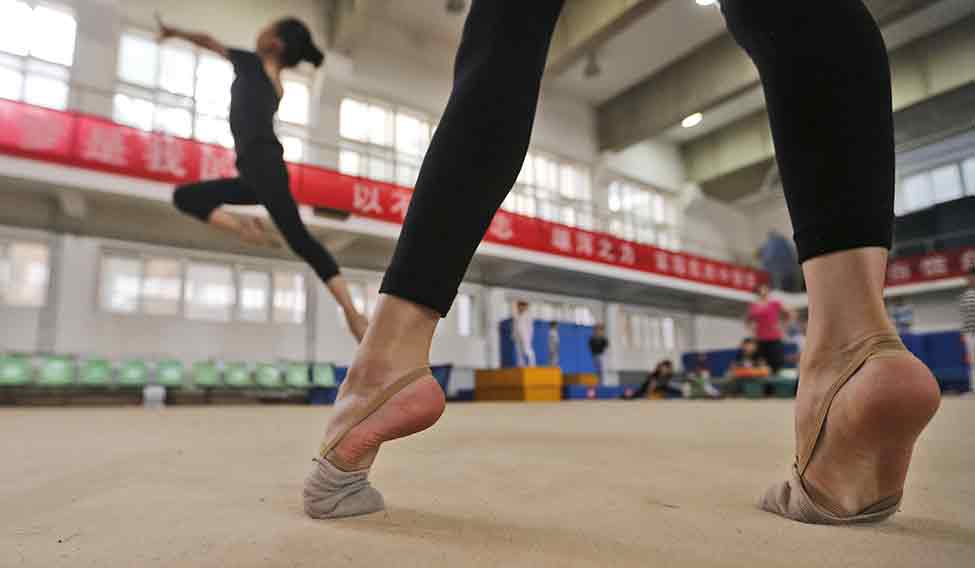What links champion amateur golfer Trishul Chinnappa, 18; karting sensation Yash Aradhya, 14; and ace swimmer Sriniram Narasimhan, 18? All of them have undergone the ACTN3 test to ascertain what type of sport they are genetically suited for.
ACTN3 is the sports gene. It instructs the body to produce a protein called alpha-acitinin-3, which helps muscles contract in different ways while doing endurance and power exercises. All humans have two ‘copies’ of the ACTN3 gene, which expresses itself in three variants: XX, RR and XR.
Those with the XX variant have more slow-twitch muscle fibres, and are better suited for endurance sports like marathon, cycling and swimming. People with the RR variant have more fast-twitch fibres, which can help them excel in power sports like high jump and weightlifting. People with the XR variant have a combination of both types of fibres, so they can do well in tennis and football, which demand both power and endurance.
“I used to play hockey and cricket in school,” says Trishul. “I grew fond of golf because of my dad. I wish I had done the [ACTN3] test ten years ago, as it could have given my career a better focus.”
Yash underwent the test on the advice of his nutritionist. Fortunately, the test reaffirmed his career choice and gave him insights into his body composition. It also helped him plan his diet with precision.
The ACTN3 test was introduced first in Australia in 2004, and later in Europe and Japan. Bengaluru-based Super Religare Laboratories did the first such test in India in March 2010. The test involves collecting a DNA sample with the help of a mouth swab, and then mapping genes to ascertain the ACTN3 variant of a person. The basic procedure costs Rs 2,000. Further tests, like the nutrition gene test, help design a gene-specific nutrition plan and fitness regimen.
Thanks to private labs and sports academies, the ACTN3 test is catching on in India. “More than 200 kids and young adults have undergone sports gene tests and nutrition counselling,” says sports nutritionist Ryan Fernando of Qua Nutrition Clinic in Bengaluru.
Sceptics, however, say gene testing could take the fun out of sports by narrowing options for budding sportsmen. But Fernando insists that the way forward for India is to adopt a scientific approach in identifying and training talent. “Hope the government catches the bus in time, as many countries have realised the importance of the scientific approach,” he says. “Catch them early, in their early teens, and assess and train them. A good international exposure will prepare them for the 2024 Olympics.”






